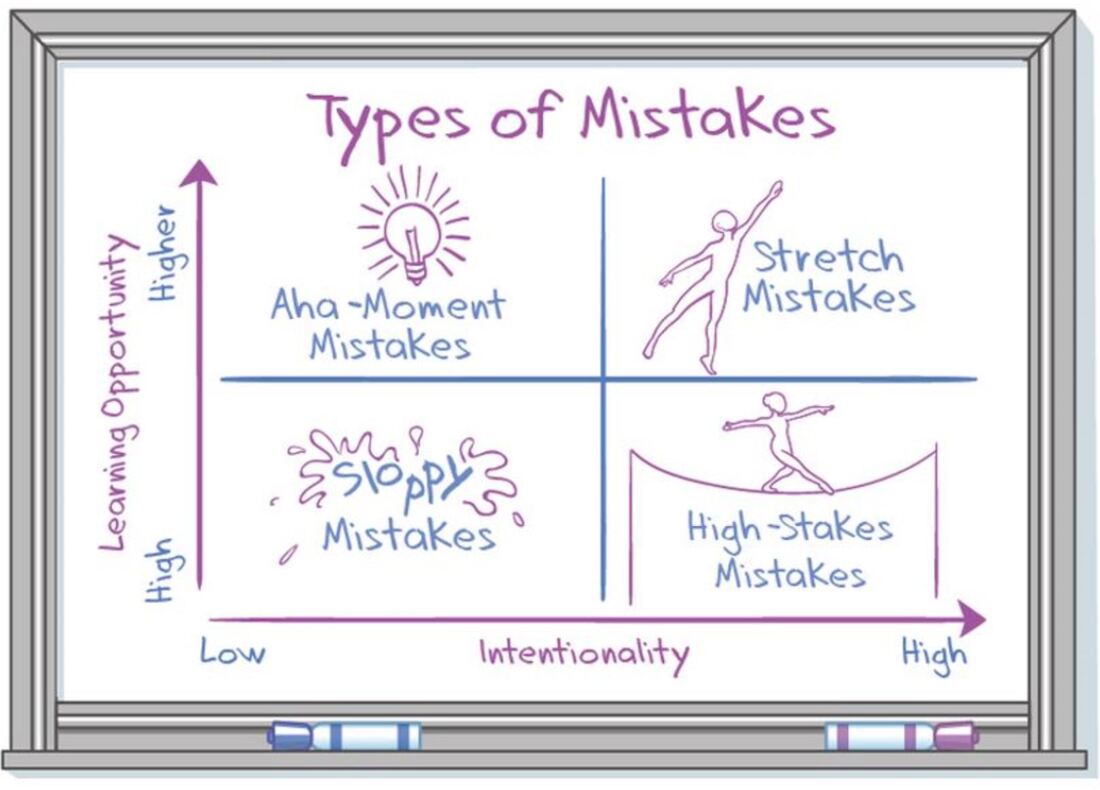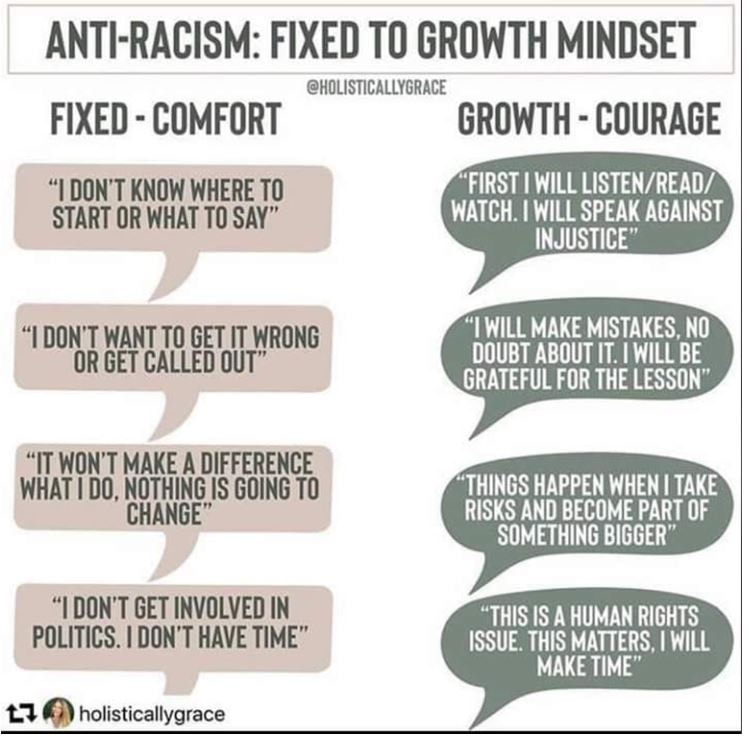To be more vocal requires more confidence, and one way to gain confidence is to become an expert in the subject matter. If the Jeopardy! category was Star Wars, I would speak loudly and without hesitation. If the category was British royalty, I would mumble almost inaudibly or say nothing at all. In short, I do not want to say the wrong thing. I do not want to do the wrong thing. I choose to remain silent rather than embrace the possibility of making a mistake. Black Lives Matter and systemic racism are things in which I will never be an expert. After George Floyd was murdered, I have done what a lot of people have done: join a BLM protest, read, watch, and listen to as much as I could absorb, create a few social media posts, support black organizations, etc. But apart from that, my gut reaction was to just keep my head low and mouth shut. Not only am I not an expert, as arguably the most categorically privileged type of person (white, male, straight), nobody wants to hear from me about this issue.
In general, we can avoid Sloppy Mistakes. If your cell phone rings in church or you forget to shut off your car’s engine overnight (guilty of both), that was sloppy, and you didn’t really learn much either. An Aha-Moment Mistake is also unintentional but provides a big learning opportunity. Perhaps your tomato plants die from over-watering or you put a red T-shirt in the white laundry (also guilty of both). You did not intend to mess up, but you’ll never make either mistake again. As a professor, my goal is to help my students not make High-Stakes Mistakes. We conduct mock interviews where the worst thing that can happen is they lose a few points. The goal is to use feedback to ensure they do not make those mistakes in the actual job interview—where the stakes are high. Better to slice your tee-shot on the driving range than at the U.S. Open. And finally, Stretch Mistakes occur when you try something new. Here you expect to mess up, but you learn from it. The first time you make a soufflé, it will probably be burnt. The first time you parallel park, you will probably hit the curb. But it is not as if you were lazy or didn’t try. It is simply a matter of taking a risk. The mistake is bound to happen and necessary to achieve growth.
So what does that mean for approaching the black lives matter movement and racism? As the most important issue in our world today, it requires voices. For me, it means not shying away from discussions because I am not confident on the subject matter. (There are not enough books/podcasts/documentaries in the world to do so). It means embracing conflict, making mistakes, and growing from them. But what are the right mistakes to make? Sloppy mistakes are the result of laziness, and this problem is too important to be lazy. Assumptions based on race, un-vetted social media posts, these should not occur. I have already made an Aha-Moment Mistake. The first time I saw a “Defund the Police” sign while marching in Athens, OH, I thought “they can’t be serious.” Forty-eight hours later, I had a completely different point of view, informed by a diverse set of opinions and statistics. I now engage in those discussions not because I am an expert but because I realize its importance. I also understand that being uninformed and silent is a privilege that many do not have. I am wading into new territory, and therefore, I am bound to make Stretch Mistakes. But rather than shy away from them, I need to embrace them. I am going to say the wrong thing. Racism is embedded in our culture that this is inevitable. I continue to eliminate phrases from my vocabulary, add new ones, and share what I have learned—and need to learn—with others. If the goal is to become a better person, an ally, an advocate, an engaged citizen, then I will mess up. I need to be grateful for the lesson in whatever form it takes. I did not forget about High-Stakes Mistakes. In theory, these should be avoided, but the stakes are intrinsically high, and there is no avoiding them. Inaction is also a privilege that many do not enjoy, and it can be just as detrimental to any cause. This means I need to embrace the conflict that may come from actions. It may mean difficult conversations with friends and family. It may mean alienating friends and family. But if the result is a just society, it is worth it. We don’t get to decide the stakes in this case. While the BLM movement is intertwined with the Coronavirus, they require different things from us. The best approach to COVID-19 for the average citizen is relatively simple: stay at home in your comfort zone, wear a mask which muffles your voice, wash your hands to be clean of the problem. The approach to ending racism, however, is more complex. It requires going out of your comfort zone, removing the figurative mask stifling your voice, and getting your hands dirty because this problem cannot be simply washed away. It will require a growth-courage mindset, and that will only occur if we are open to making mistakes.
0 Comments
|
AuthorColin Gabler is a writer at heart. Archives
May 2024
Categories |


 RSS Feed
RSS Feed